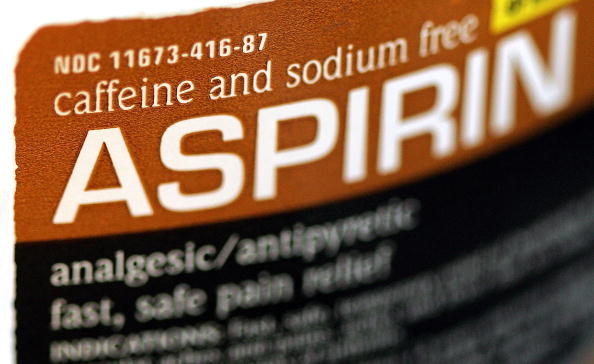
Aspirin is a very cheap drug and can be found in any corner store. It treats headaches and can reduce your risk of a heart attack. But now, a study in mice indicates that giving aspirin to cancer patients may strongly boost the effectiveness of the new anticancer drugs that help the immune system fight tumors.
Immunotherapy is a new field in treatment of cancer. If it fulfills its promise, immunotherapy could revolutionize cancer treatment.
Aspirin blocks the production of a chemical called prostaglandin E2 (PGE2). Cancer cells often produce large amounts of PGE2, which lowers the immune system's normal attack response to tumor cells. Researchers at Francis Crick Institute in London found that adding aspirin to an immunotherapy treatment called anti-PD-1 slowed the growth of bowel and melanoma cancers in mice.
In the experiments on mice, published in the journal Cell, researchers used a mouse-specific anti-PD-1 drug, but the aspirin effect is expected to be similar with human drugs that work by blocking PD-1 and PD-L1, and with another class of drugs targeting CTLA-4.
Immunotherapy drugs are very expensive. In the future, immunotherapy is expected to involve combinations of several drugs. If aspirin can boost their effectiveness, less can be used and it could serve as a way to control soaring costs for treating cancer.
While there is evidence that these findings about aspirin in mice will apply to humans, this has yet to be proven.
Aspirin, which was first marketed more than a century ago, is one of a group of drugs called COX inhibitors. Aspirin or COX inhibitors may make a big difference to the benefits a cancer patient get from immunotherapy, Caetano Reis e Sousa, senior group leader at the Francis Crick Institute, told Reuters Health.
There are anti-PD-1 drugs on the market already, including Keytruda from Merck, and Opdivo from Bristol-Myers Squibb. Other anti-PD-L1 drugs are in development.
